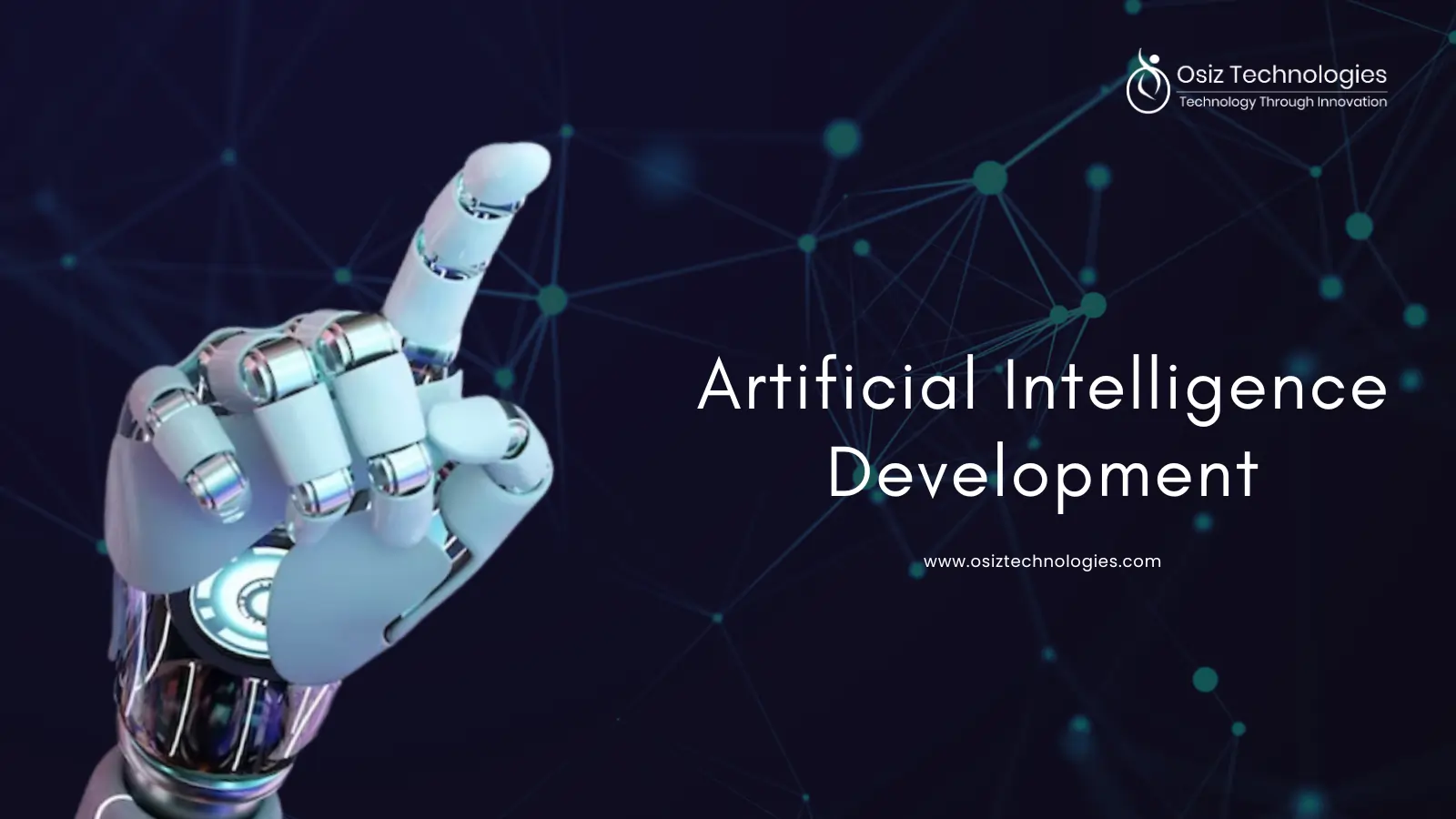Artificial Intelligence (AI) is revolutionizing the manufacturing sector by enhancing efficiency, reducing costs, and improving product quality. As industries adapt to this technological advancement, understanding the advantages of AI in manufacturing becomes crucial for stakeholders at all levels. This article explores the multifaceted benefits of AI in manufacturing, supported by real-world examples and actionable insights.
1. Enhanced Efficiency
AI technologies streamline manufacturing processes, allowing for faster production times. For instance, AI-driven robots can work around the clock without fatigue, significantly increasing output. Companies like Siemens have implemented AI algorithms to optimize their production schedules, resulting in a 10% increase in efficiency.
2. Predictive Maintenance
One of the standout advantages of AI in manufacturing is predictive maintenance. By analyzing data from machinery, AI systems can predict when equipment is likely to fail, allowing for timely maintenance. This not only reduces downtime but also extends the lifespan of machinery. For example, General Electric uses AI to monitor its jet engines, predicting maintenance needs and saving millions in operational costs.
3. Improved Quality Control
AI enhances quality control through machine learning algorithms that can detect defects in products more accurately than the human eye. By implementing AI-driven inspection systems, manufacturers can ensure that only high-quality products reach the market. Companies like Tesla utilize AI for real-time quality checks during production, leading to fewer recalls and higher customer satisfaction.
4. Cost Reduction
AI can significantly lower operational costs. Automation of repetitive tasks reduces labor costs, while predictive analytics minimizes waste and improves resource allocation. According to a McKinsey report, AI could potentially create $1.2 trillion in value for the manufacturing sector by 2030 through cost savings and improved productivity.
5. Enhanced Supply Chain Management
AI optimizes supply chain operations by analyzing market trends and consumer behavior. This allows manufacturers to make informed decisions regarding inventory management and logistics. For instance, companies like Amazon use AI algorithms to predict demand, ensuring that products are available when customers need them, thus enhancing customer satisfaction.
6. Customization and Personalization
AI enables manufacturers to offer personalized products at scale. By analyzing customer data, companies can create tailored solutions that meet specific consumer needs. For example, Nike leverages AI to customize shoes based on individual preferences, enhancing customer loyalty and driving sales.
7. Safety Improvements
AI enhances workplace safety by monitoring environments and predicting hazardous situations. AI systems can analyze data from sensors to identify potential risks, allowing for proactive measures. For instance, companies in the automotive sector use AI to monitor worker safety on the factory floor, reducing accidents and improving overall safety standards.
8. Data-Driven Decision Making
AI provides manufacturers with valuable insights through data analysis. By leveraging big data, companies can make informed decisions that drive growth and innovation. For example, Bosch uses AI to analyze production data, leading to smarter decision-making processes that enhance operational efficiency.
9. Workforce Empowerment
While AI automates many tasks, it also empowers the workforce by taking over mundane responsibilities. This allows employees to focus on more strategic roles that require creativity and problem-solving. Training programs can be enhanced with AI tools, enabling workers to upskill and adapt to new technologies.
10. Future-Proofing the Business
Investing in AI technology positions manufacturers for future challenges. As industries evolve, those who adopt AI early will have a competitive edge. Companies like Ford are already integrating AI into their production lines, ensuring they remain relevant in a rapidly changing market.
Conclusion
The advantages of using AI in manufacturing are profound and far-reaching. From enhancing efficiency to improving safety and customization, AI is transforming the industry. As manufacturers continue to embrace this technology, the potential for innovation and growth is limitless. Osiz Technologies, a leading AI development company, is dedicated to empowering manufacturers with intelligent automation and data-driven solutions. If you're interested in exploring how AI can benefit your manufacturing processes, connect with us at osiztechnologies.com today!
Listen To The Article
Recent Blogs

Avail
30% Off












